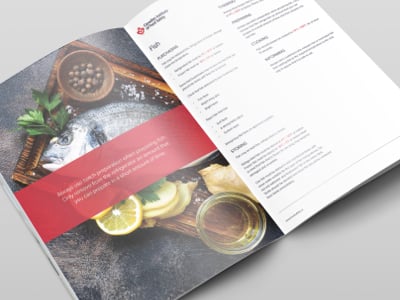
Kananaskistrade is recalling Grained Salmon Caviar from the marketplace due to potential contamination with Clostridium botulinum.
The recall was triggered by Canadian Food Inspection Agency (CFIA) test results and the CFIA is in the process of conducting a food safety investigation.
Details of the recalled product are:
- Brand: N/A (Cyrillic characters only)
- Product name: Grained Salmon Caviar
- Size: 95g
- UPC: 8 85202 00044 3
- Best before date: OCT 07 2020
View product photos here. More products may be recalled following the CFIA’s investigation.
Check to see if you have the recalled product in your home or inventory; if so, throw it out or return it to the store or vendor from whom it was purchased.
What is Clostridium botulinum?
Clostridium botulinum are anaerobic, spore-forming bacteria that produce a neurotoxin called botulinum, which causes a rare but serious disease called botulism.
Anaerobic bacteria can live and grow without oxygen (or with very little oxygen), while spores — which are like a protective shell — protect bacteria from unfavourable conditions, such as high temperatures, chemicals, dehydration or too little/too much oxygen.
In a nutshell, Clostridium botulinum is practically invincible and also extremely poisonous — which makes this bacteria a very serious health risk.
How do you get botulism?
Food-borne botulism is caused by consuming contaminated food or drinks. Food that is contaminated with the botulinum toxin may not look or smell spoiled, but it can still make you very sick.
Canned goods and other sealed food products provide ideal conditions for Clostridium botulinum bacteria to grow (nutrient-rich, low oxygen), so if the spores are not destroyed by extremely high heat, they can germinate and produce toxins.
While commercially canned foods have an exceptionally good safety record, improperly prepared home-canned foods (e.g. beets, green beans), stored food products (e.g. oil, garlic in oil, commercially prepared cheese sauce), and traditionally prepared fish, fish eggs and other meats have been linked to botulism outbreaks in recent years.
Botulinum is extremely potent; even minute amounts of the toxin can cause serious illness, which is why safe food preparation of home-canned food products is extremely important.
What are the symptoms of botulism?
Signs and symptoms of food-borne botulism typically begin between 12 and 36 hours after the toxin gets into your body; however, depending on how much of it was consumed, symptoms can start in just a few hours.
Signs and symptoms of food-borne botulism may include:
- difficulty swallowing or speaking
- facial paralysis or weakness on both sides of the face
- nausea, vomiting, abdominal cramps
- unreactive or fixed pupils
- blurred or double vision
- drooping eyelids
- dry mouth
Botulism does not cause a fever; in severe cases, it can be fatal. If you suspect that you may have contracted botulism from eating the recalled product, contact your doctor immediately.
If you work in a food business that has prepared meals using the recalled product, take any food-borne illness complaints you receive very seriously and alert your manager or supervisor. If they have not already done so, advise the customer to seek medical attention.
If your workplace has a Crisis Management Team, make sure they have all the information they need to deal with the situation. Find out more about how to respond to food-borne illness complaints.




